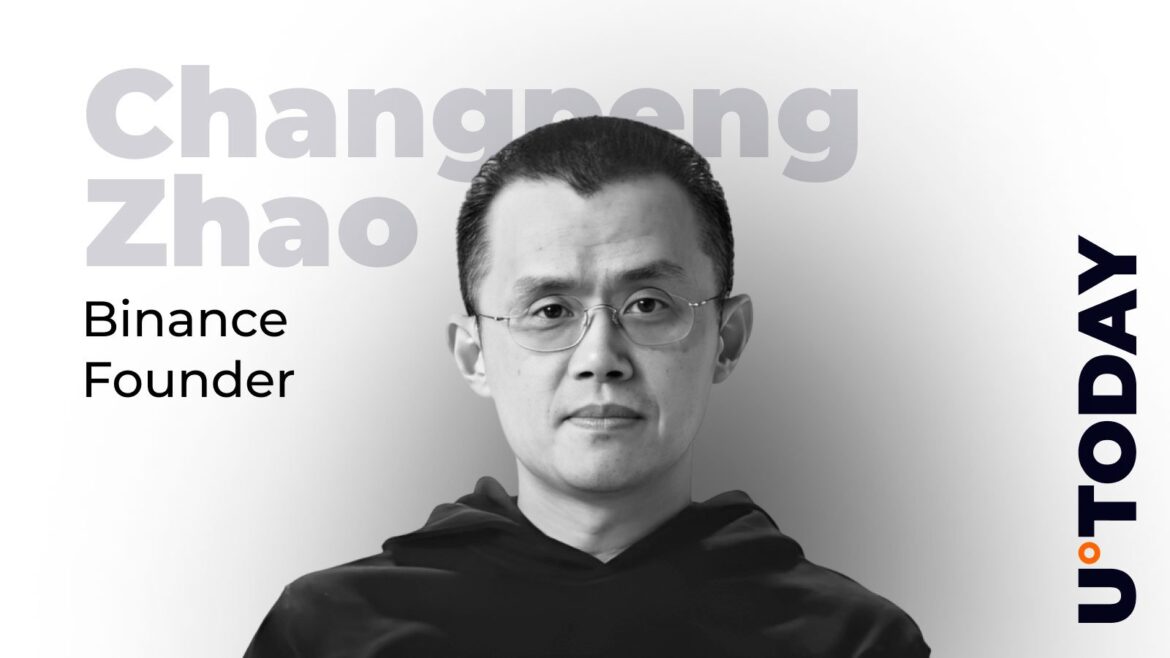South Korea’s largest table ordering service t’order has chosen the Sui blockchain to jointly develop a stablecoin infrastructure for commercial applications nationwide by leveraging the company’s extensive network.
Summary
- t’order partners with Sui to launch a stablecoin payments system across 300,000 point-of-sale devices in South Korea.
- The platform will use an upcoming won-pegged stablecoin that will be deployed on Sui.
- Decentralized storage protocol Walrus will store transaction data.
Sui network announced the partnership via a Sep. 24 blog post, and said the collaboration will integrate t’order’s advanced QR code and facial recognition technologies to make everyday stablecoin payments more seamless.
t’order is South Korea’s largest point-of-sale ordering platform that processes over $4.3 billion in transactions annually. The company has long championed zero-fee payments for small businesses, and by integrating stablecoins, it hopes to replace costly card fees with faster, more affordable digital settlement.
According to Sui Foundation’s Managing Director, Christian Thompson, the collaboration is expected to target South Korea’s food service market, which is valued at roughly 190 trillion KRW, and “improve the consumer experience for millions in Korea.”
“The mass adoption arc for stablecoins and crypto payments is rapidly accelerating, and it’s thrilling to see Sui at the forefront of this trend with innovative partners like t’order,” Thompson said.
The upcoming platform will be powered by a won-pegged stablecoin deployed on the Sui network. However, the announcement did not disclose a specific launch timeline or the name of the issuing entity.
All transaction and loyalty data would be stored on Walrus, a decentralized storage protocol built on the Sui blockchain.
Once live, the stablecoin payments, rewards, and settlement system would be available across t’order’s nationwide network of over 300,000 point-of-sale devices.
“Our Partnership with Sui is the next step in that vision, leveraging our unique nationwide deployment capabilities and real-time infrastructure to create a new payment and settlement paradigm –one designed for and centered around small businesses,” a t’order spokesperson was quoted as saying.
SUI, the native token for the Sui network, did not immediately react to the news, and was down 3.4% in the past 24 hours, continuing its downtrend that began on Sep. 18.
South Korea’s growing appetite for stablecoins
Stablecoins have become a key focus area in South Korea over the past year as the nation pushes to develop a domestic digital asset ecosystem that reduces reliance on dollar-pegged tokens like USDT and USDC.
In recent months, local firms and financial institutions have accelerated efforts to issue won-based stablecoins, most notably with the launch of KRW1, a fully backed won-pegged token issued on the Avalanche blockchain.
At the same time, South Korean regulators have already kicked off efforts to finalize a legislative framework to regulate stablecoin issuance and operations in the country. A new bill set to be unveiled in October is expected to outline requirements around collateralization, internal controls, and issuer transparency.







